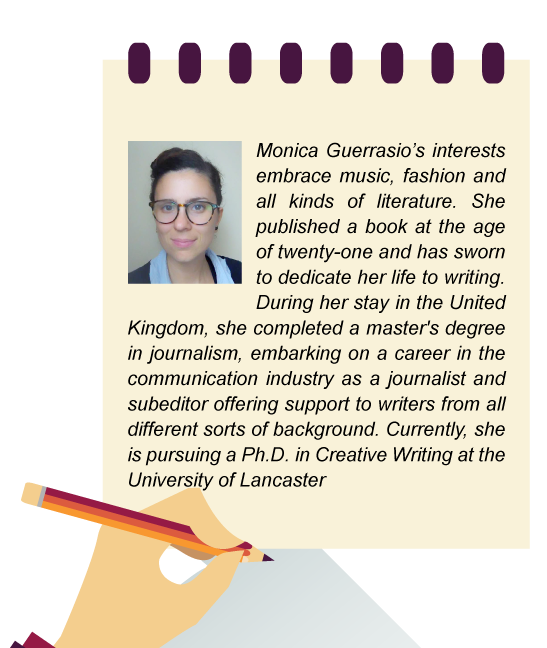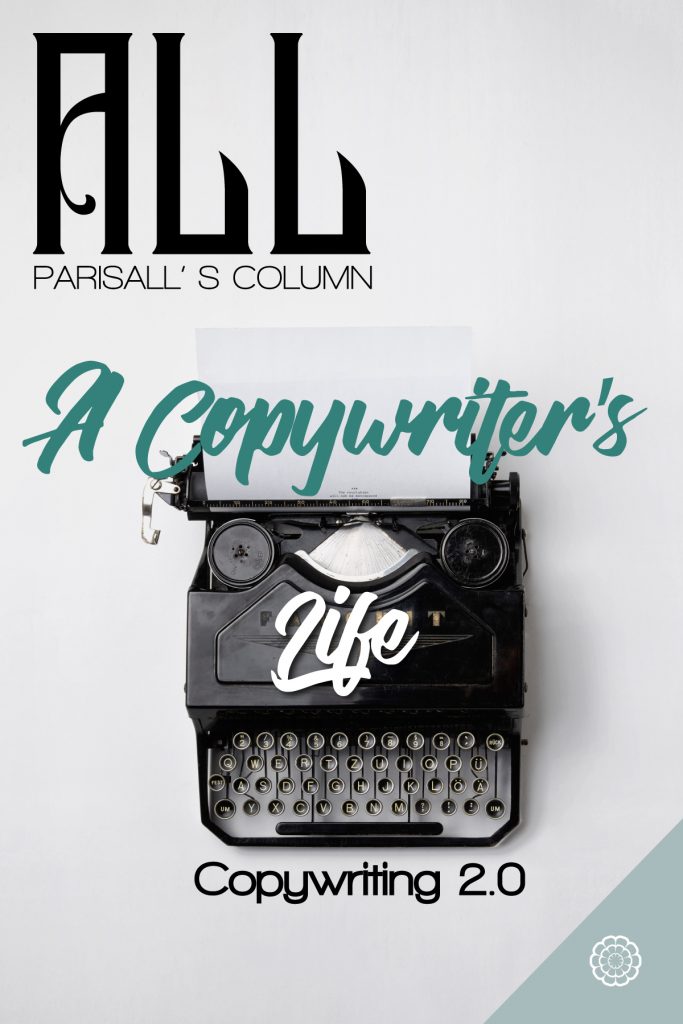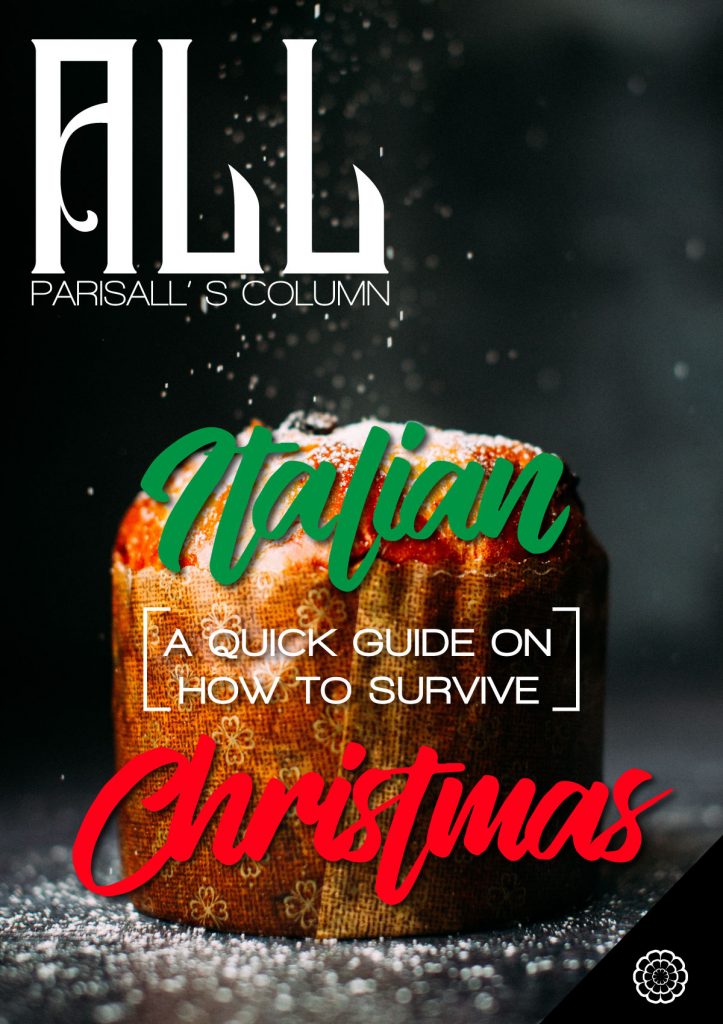Trade: Writer
The matter at hand is quite simple: can we teach creative writing? Some say it’s possible, others assert otherwise. Sometimes I fear we are victims of a misunderstanding, that the expression “creative writing” has become an abbreviation encompassing concepts such as talent, imagination, tools, the chance of being published, and much more.
Let’s try to take a step back and ease the pressure. In Italy, at the moment, the lack of a structured, public system prevents aspiring writers to contextualize their experiences and knowledge. There is no shortage of well-known private schools (the Scuola Holden in Turin and the Bottega Finzioni in Bologna are among the best-known), and let’s add to these the increasing number of workshops scattered across the country; but the risk that the learning experience could be influenced by the main writers in residence favouring a precise style is high. Furthermore, due to both the supply-demand ratio and the capital required to access the programs, the opportunity is not always within everyone’s reach.
The situation is slightly different if we look at the Anglo-Saxon countries. Overseas, creative writing is seen as a research method taught since early university years. When aspiring writers analyse their work, the practice of writing becomes a sort of Swiss army knife that allows students to explore their limits, overcome them, learn the rules and how to break them.
One of the most important aspects of academically established programs is the community that universities offer to their students. From teachers who have worked and published to publishers who offer a commercial perspective – because if one wants to live by writing, they have to sell – to the same students who create a network of exchange and support.
Writing is a profession that, today more than ever, has many and different faces: from the writer and blogger to the scriptwriter and author, from PhD students to teachers. The time has come to think about what tools the new generation of writers needs and where they can find them.
Andrew Solomon helps us to put things in perspective. In an article published in The New Yorker, he states: “That rhetoric of urgency is the credo of most writers: we may be on this path for profit, for fame, for catharsis—but, more fundamentally, we are there because it seems the only possibility”.
Sometimes I think I can use all the experience and tools at my disposal to start a new career, but then I think about Andrew Solomon and everything is well again.
The matter at hand is quite simple: can we teach creative writing? Some say it’s possible, others assert otherwise.







